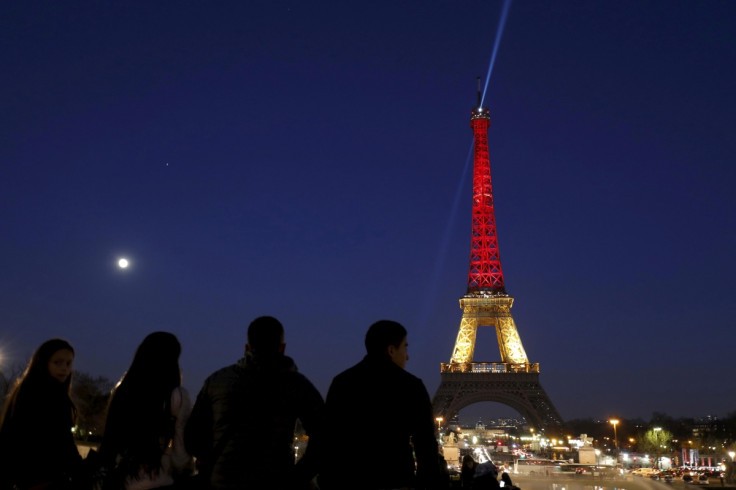Isis Paris attacks: First large-scale study of traumatic memories to be launched in France

In France, new research is under way to understand how witnesses of the 13 November 2015 terror attack, conducted by Islamic State (Isis) have memorised the event and how these memories can evolve over time.
The multidisciplinary study – including the participation of psychologists, historians and neuroscientists – will be one of the first in the world to investigate on a large scale how individual and collective memories of traumatic events change as time goes by, and how people's wellbeing can be affected by it a decade on.
Similar work had been done in the US following the events of 11 September 2001 in New York City. There, American psychologist William Hirst had shown victims' memories were confused and emotional in the aftermath of the 9/11 attacks.
However, as the years passed, they recalled the events more clearly and rationally, integrating official and media accounts of the attacks.
But this study had a number of limitations, including the fact that some volunteers did not participate in the full length of the study, an error that the French researchers hope to avoid.
The memories of thousands of people
In France, thousands of participants are currently being recruited – people who directly and indirectly witnessed the November 2015 attack. These include victims and their families, inhabitants of the affected neighbourhood and more generally Paris, as well as people living in towns further away, such as Caen or Metz.
Four sessions of filmed interviews with scientists, covering a range of subjects related the attacks will take place over the next 12 years. The researchers will investigate how the brain processes memories of traumatic events and allows them to become less traumatic over time. They will also trace all the changes in individuals' memories over the years, and study how the construction of a national, collective memory plays a part in this transformation process.
Furthermore, scientists know that when memories are formed, they are not fixed in the brain forever. Throughout life, memories are re-examined and re-encoded by the brain, which leads us to recall particular events differently as years go by. These mechanisms are complex and not well understood, so the study will also aim to improve scientific knowledge of this area.
Post-traumatic stress on the brain
Another part to the study will assess at how negative images and memories associated to the event have led to instances of post-traumatic stress and how this stress varies between victims.
On top of the interviews, 180 of participants who were at the scene of the attack will go through brain scanning to look at how the event is processed.
"Some victims who were at the scene or lived nearby are still suffering from disturbing images, they go through the event frequently in their heads as if they were there again, they have sleep disorders", explains Francis Eustache, the neuropsychologist leading the research.
"However, some victims fare better than others and we want to understand why that is, how the way they memorised the event helped them to cope. We want to study very precisely in their brains the defence mechanisms they have put in place, with MRI scans and neuropsychology tests".
If the data from the interviews and the brain scans is good enough, the researchers believe other studies based on it could be conducted in the next few years, to get an even deeper insight of how terrorist attacks affect the well-being and the memory of people, both individually and as a group.
© Copyright IBTimes 2025. All rights reserved.






















